
Volunteers transport nucleic acid samples in Sanya, South China's Hainan province, Aug 14, 2022. Sanya has optimized the processes of nucleic acid testing amid the latest COVID-19 resurgence. (Photo/Xinhua)
Vice-premier inspects COVID-hit Hainan, urges better resource allocation
Vice Premier Sun Chunlan stressed the need for rapid, solid COVID-19 control work in Hainan province to achieve zero transmission in communities as soon as possible, and to ensure public health and safety and a return to normal daily life and production.
Sun made the remarks during an inspection tour of COVID-19 prevention and control work in the resort city of Sanya on Saturday, the epicenter of the island's outbreak which first emerged on Aug 1. The Hainan provincial health commission said on Sunday that as of Saturday, the numbers of confirmed and asymptomatic cases in the city had surged to 3,000 and 3,544, respectively.
The vice-premier visited the Sanya Phoenix International Airport, the Sanya epidemic prevention and control headquarters, a residential community and a makeshift hospital to learn about the situation facing tourists stranded on the tropical island, the operation of the local command system, community control and medical treatment of patients.
She stressed the need for the local command system to be optimized and for the overall allocation of resources to be strengthened across the province, saying that more resolute and decisive measures must be implemented in a solid, meticulous manner to achieve zero social transmission and ensure public health and safety and restore normalcy to work and life as soon as possible.
Noting the shortage of isolation and medical resources, Sun urged the local government to tap hotels and to speed up the construction of makeshift hospitals to ensure those infected and their close contacts are properly isolated.
The vice-premier said that nucleic acid tests should be carefully organized and implemented and that the entire process, from collection to delivery, testing, reporting and transfer should be optimized, adding that the matching of single and mixed nucleic acid tubes should be dynamically adjusted, while the number of teams tracing positive cases should be bolstered to ensure that all tracing is completed within 8 hours.
She also said that risk areas should be defined according to epidemiological findings, that community control is strengthened and that the basic daily and medical needs of local residents are guaranteed.
Local officials said the central government has arranged for 17,383 medical personnel and facilities from 20 provincial-level areas to help with the work in Hainan, where outbreaks have occurred in 13 cities and counties and the situation is complex and severe, with the epidemic still fluctuating.
As of Saturday, Hainan had registered 3,809 confirmed and 3,927 asymptomatic cases since Aug 1.
The outbreak has stranded about 150,000 tourists on the island. As of 6 am on Sunday, return flights for 14,247 of them had been arranged to Shanghai, Beijing, Tianjin and other cities across the country.
The vice-premier said that stranded tourists should be taken care of properly and urged the speeding up of efforts to return them home. Their destination provinces and cities must not refuse to allow them to return, nor may they do so on a quota basis. She also instructed Hainan to do a good job of risk assessment and strictly implement prevention and control measures to ensure the outbreak does not spread over to areas outside Hainan.
Meanwhile, China's first domestically developed COVID-19 antiviral drug, Azvudine, which was approved by the national drug regulator last month and added to the national COVID-19 treatment protocol last week, has been shipped to Hainan to treat the outbreak, according to the drug's developers.
On Saturday, the Hainan provincial healthcare security administration announced that the new drug would be available to adult patients with moderate symptoms, and would be temporarily added to the provincial reimbursement list from Aug 9.








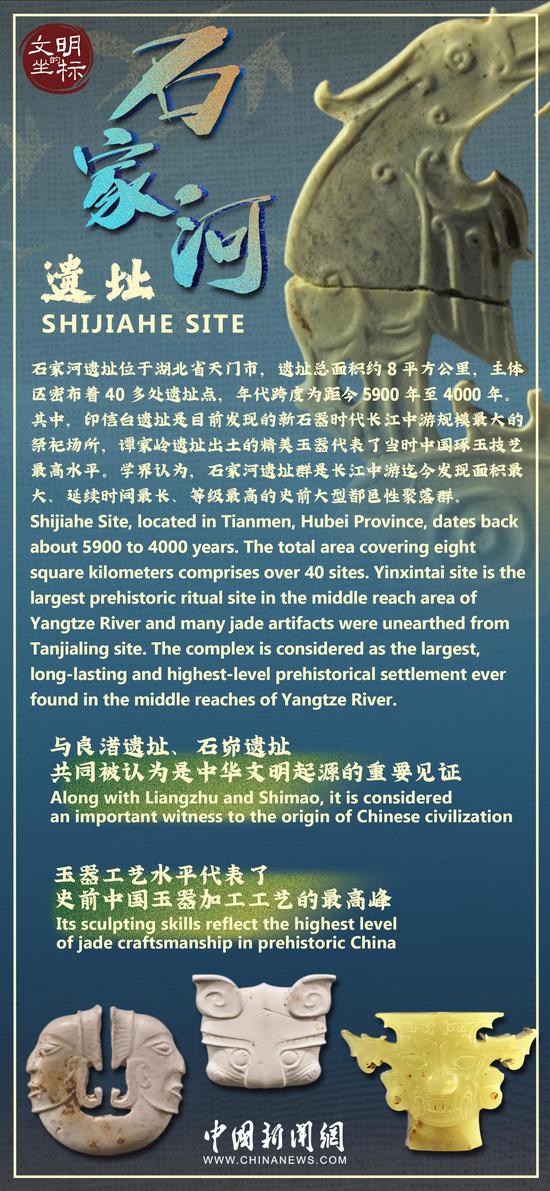



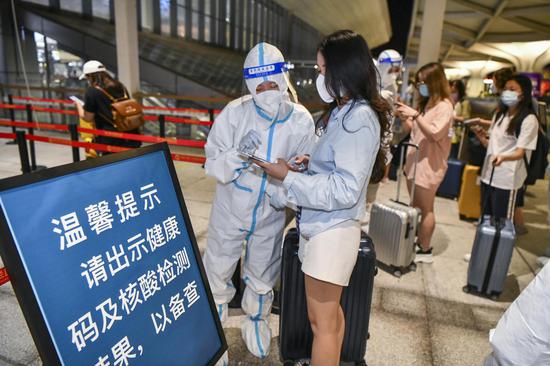
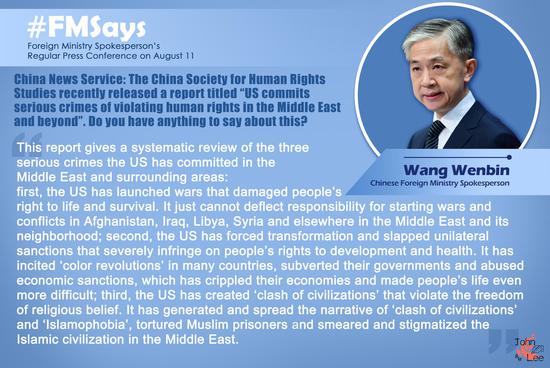
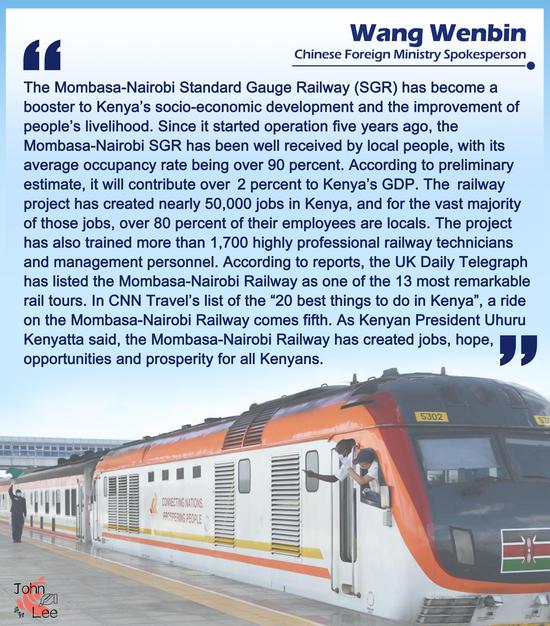

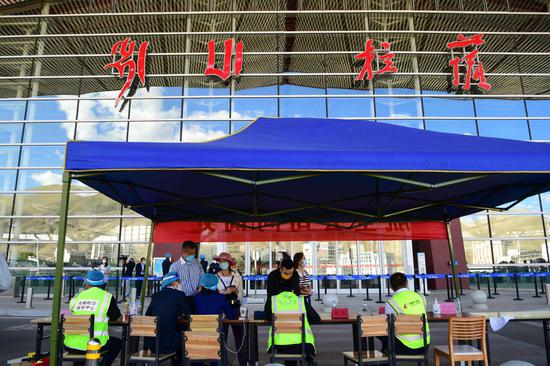
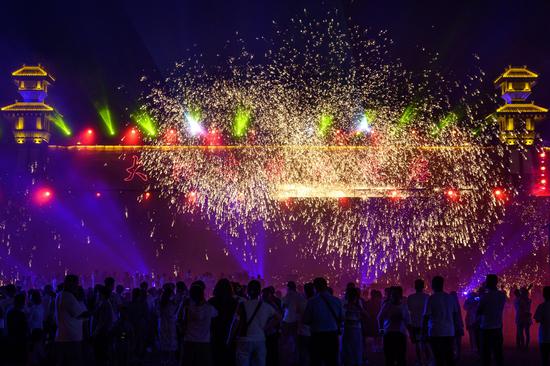
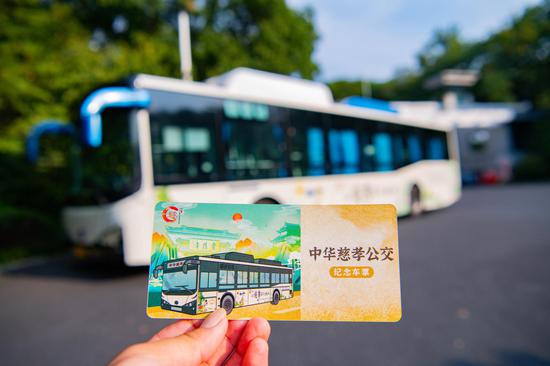
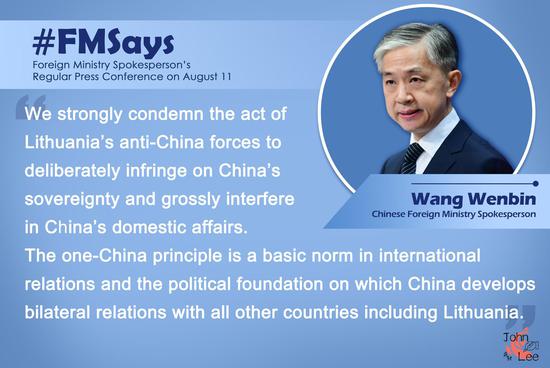

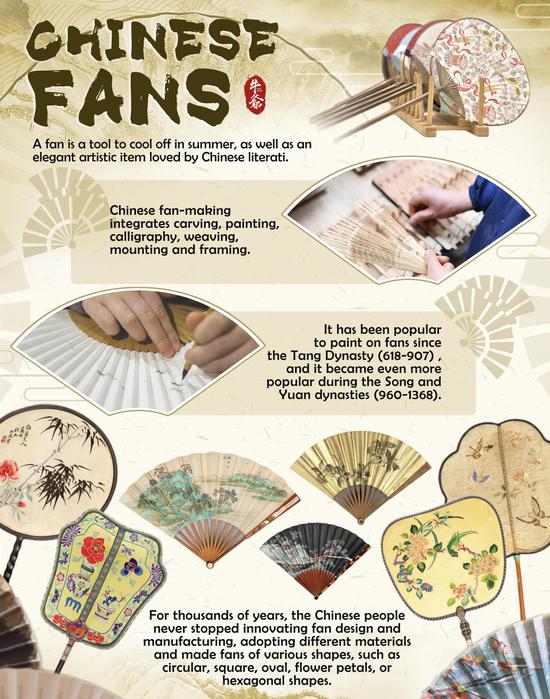
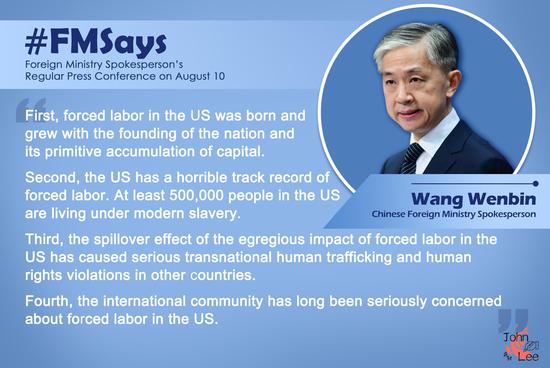
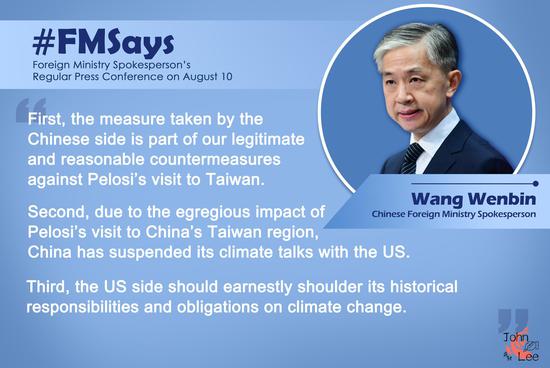
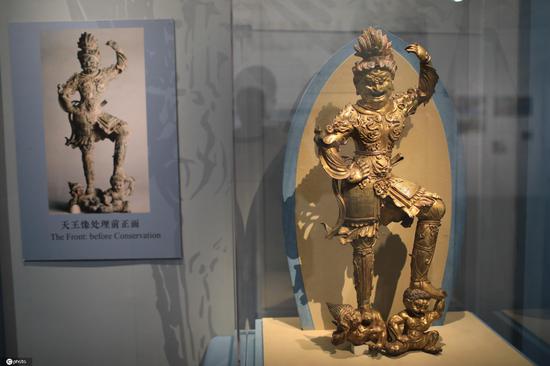


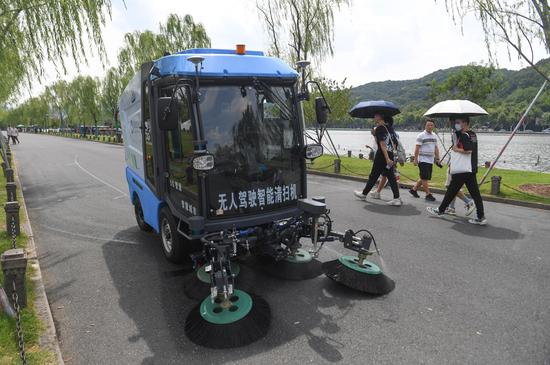
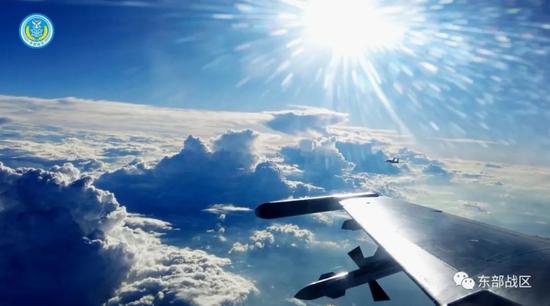
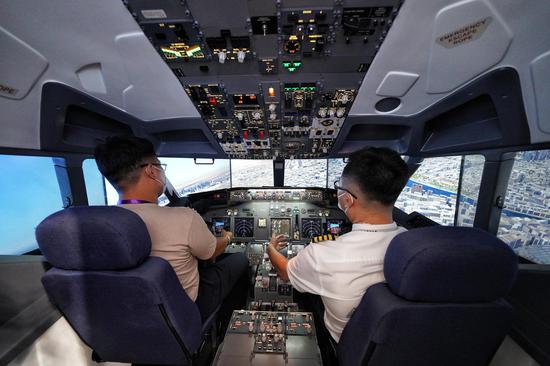
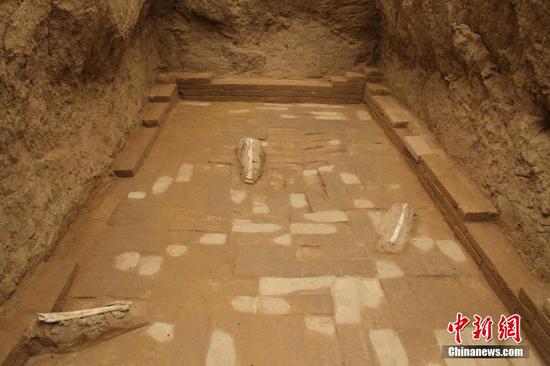
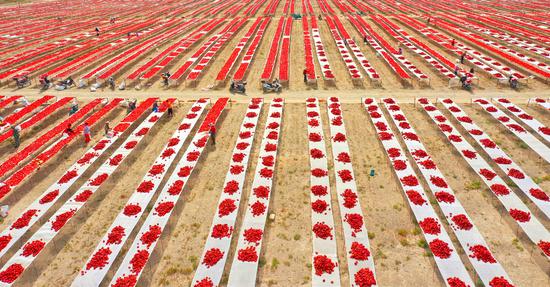
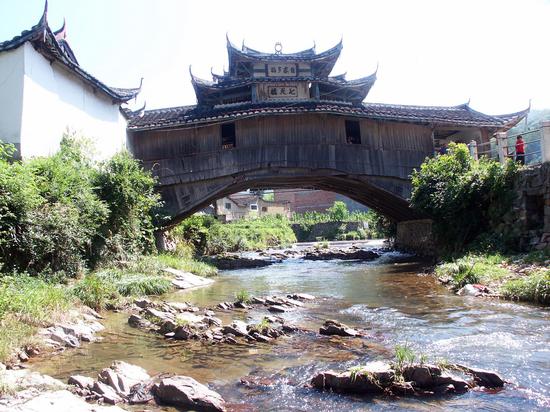
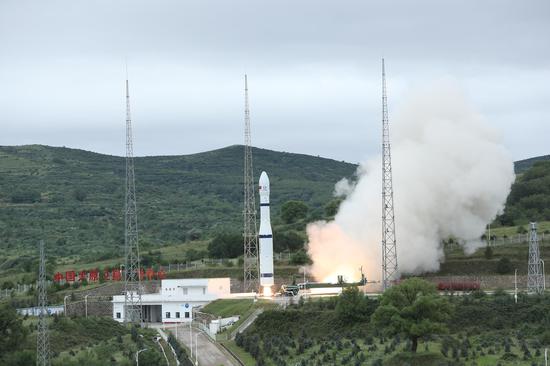
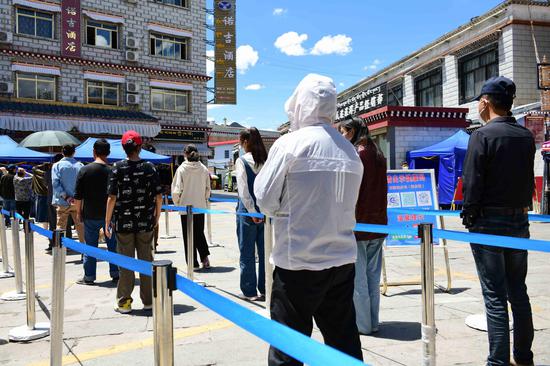
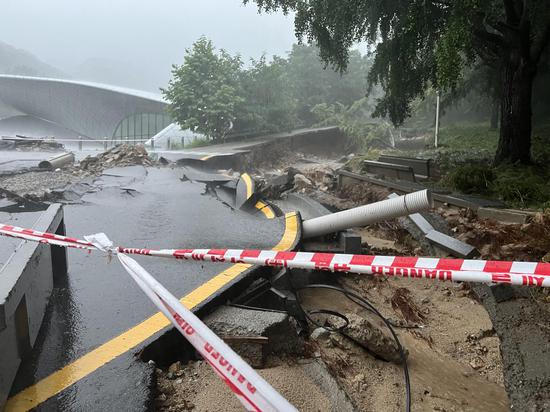
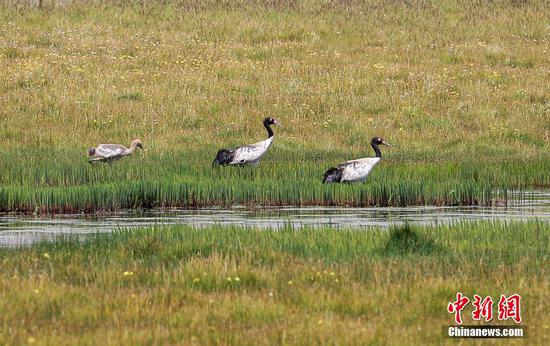
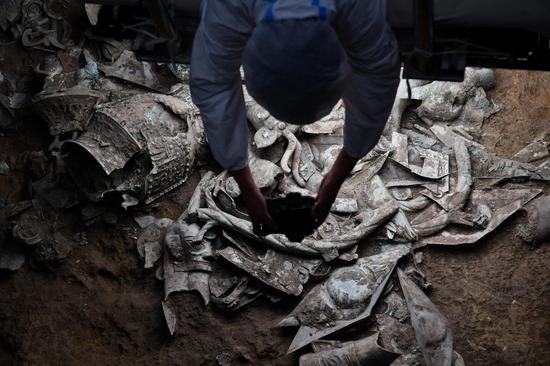
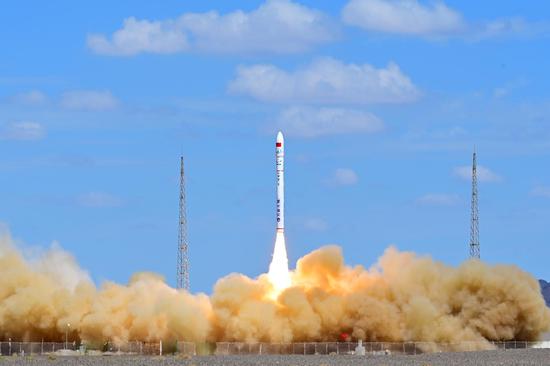
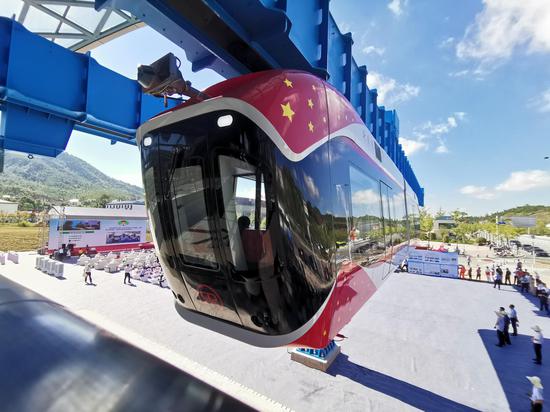
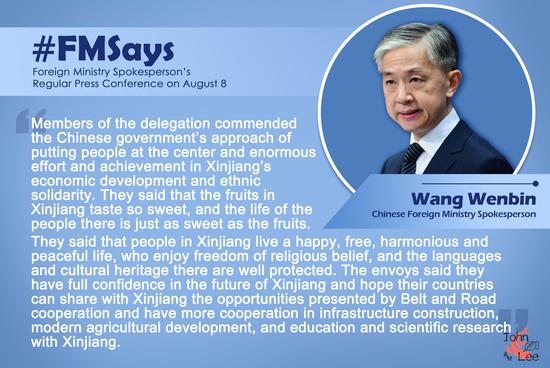
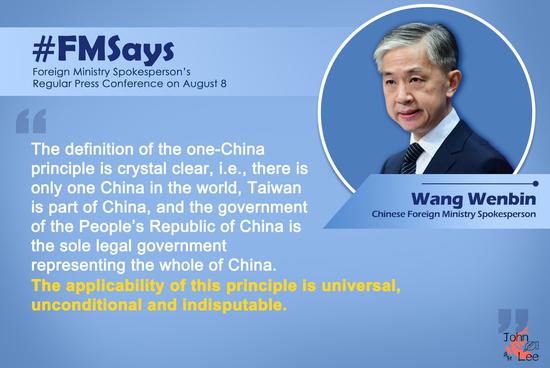
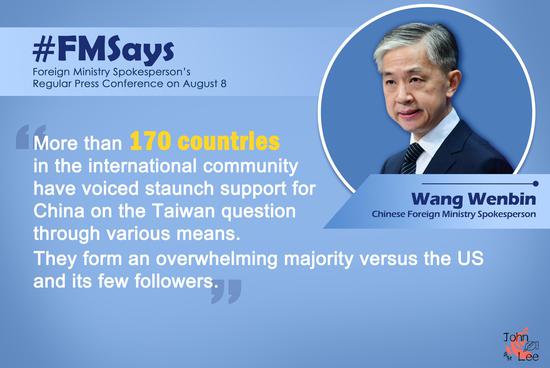
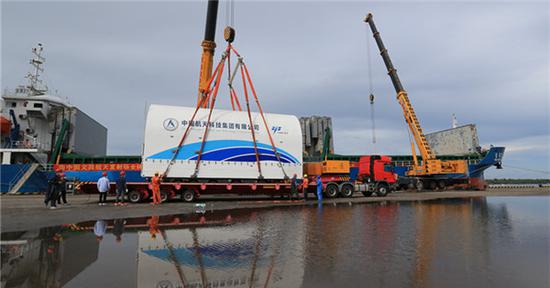
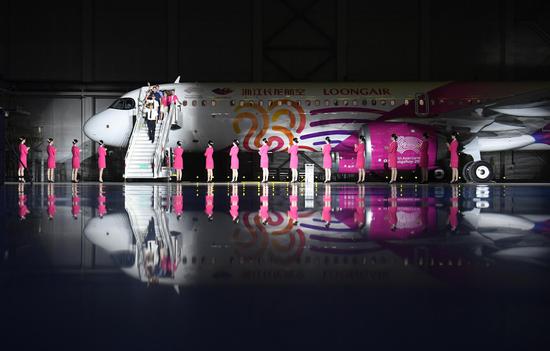





 京公网安备 11010202009201号
京公网安备 11010202009201号